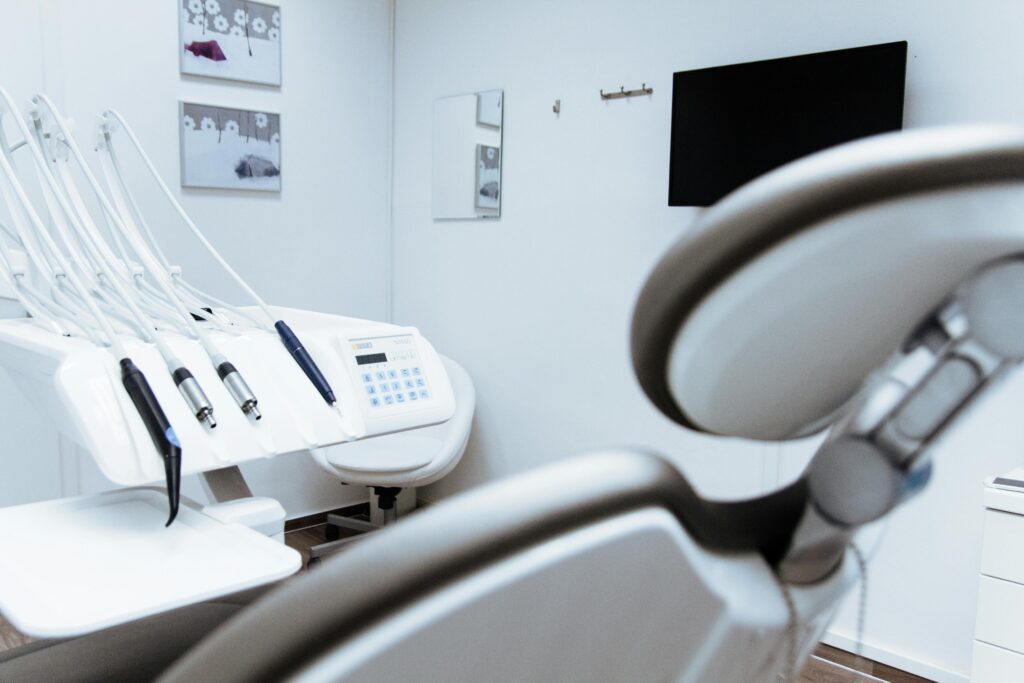Dental implants are a fantastic solution for replacing missing teeth, but sometimes, things don’t go as planned. Recognizing the signs of a failed dental implant early can make a huge difference in addressing issues promptly. Pacific Dental & Implant Solutions always prioritizes your safety and comfort and that’s why we’re here to dive into the common signs of implant failure and what you should do if you notice any of these symptoms.
Understanding and Recognizing Signs of a Failed Dental Implant
Before we get into the signs, it’s important to understand what implant failure means. Essentially (and probably not surprisingly), it’s when the implant doesn’t properly integrate with the jawbone or if it loses stability after initially being successful. This can happen for various reasons, including infection, insufficient bone density, or excessive stress on the implant.

Common Signs of a Dental Implant Failure
Persistent Pain and Discomfort
It’s normal to feel some discomfort after getting a dental implant, but if the pain persists for several months and doesn’t seem to improve, it could be a sign of a problem. Persistent pain might indicate that the implant isn’t integrating with the bone properly or that there’s an underlying issue like an infection.
Swelling and Inflammation
Swelling–of course– is expected immediately after surgery, but prolonged or excessive swelling is not normal. If you notice that the area around your implant remains swollen and inflamed for a long time, it could be a sign of infection or another complication.
Loose Implant
A dental implant should feel secure, just like a natural tooth. If your implant feels loose or wobbly, it’s a clear sign that something is wrong. This could be due to bone loss around the implant or failure of the implant to bond with the bone.
Difficulty Chewing
One of the main benefits of a dental implant is that it restores full function to your mouth, allowing you to chew and eat normally. That’s why if you’re having difficulty chewing or if it feels uncomfortable when you bite down, it might be one of the signs of a failed dental implant, meaning that the implant isn’t properly aligned or secure.
Gum Recession Around the Implant
Healthy gums are essential for the success of a dental implant. If you notice that your gums are receding around the implant, it can expose the implant post and lead to further complications. Gum recession can be a sign of peri-implantitis, which is an infection of the tissues surrounding the implant.
Visible Bone Loss
If you can see or feel that the bone around the implant is deteriorating, this is a serious issue. Bone loss can destabilize the implant and eventually lead to failure. Regular dental check-ups and X-rays are crucial for monitoring bone health around the implant.

Ready to Ensure Your Implant Success?
If you’re experiencing any of these signs of a failed dental implant or have concerns about potential failure, don’t hesitate to reach out. At Pacific Dental & Implant Solutions, we’re here to help you through every step of the process and ensure your dental implants are a success.
Schedule a Consultation with Pacific Dental & Implant Solutions
Take the first step towards a healthy, confident smile by scheduling a consultation with us today. Our team is ready to provide expert care and personalized treatment tailored to your needs.

